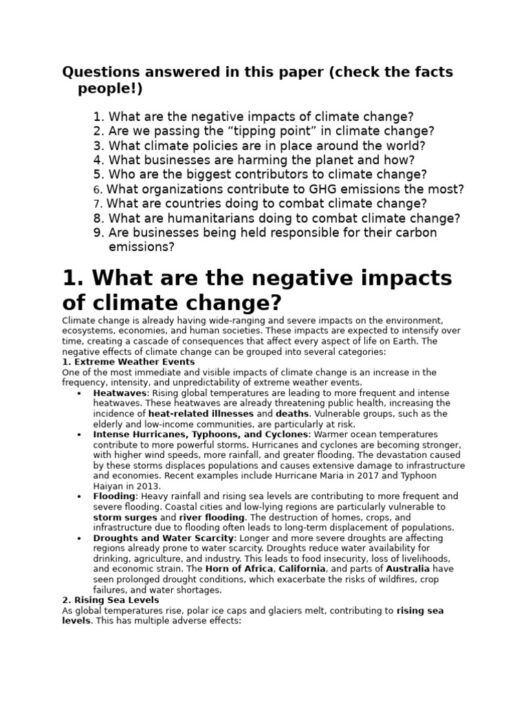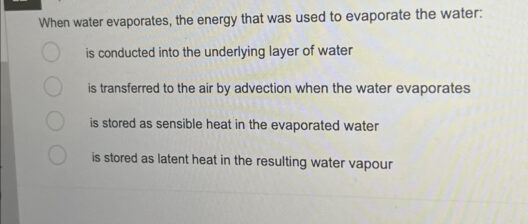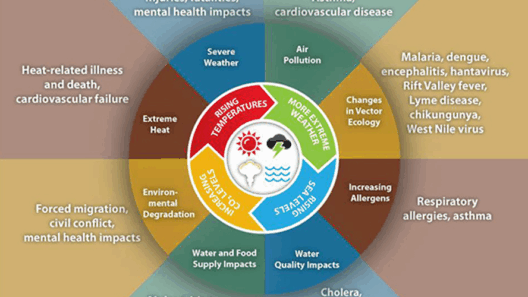The oceans, vast and teeming with life, are in a precarious position. At first glance, they may seem unaffected by the various environmental calamities that plague terrestrial landscapes. However, beneath the seemingly tranquil waves lies a stark reality; the dual threats of ocean plastic pollution and global warming are emerging as catastrophic forces reshaping marine ecosystems.
The correlation between plastic pollution in the oceans and global warming is not one that is readily recognized. Often, discussions about marine degradation focus exclusively on either plastic waste or climate change, yet these issues are intrinsically linked. The ubiquity of plastic in the marine environment endangers not just wildlife but also exacerbates climate change, creating a feedback loop that demands urgent attention.
To begin understanding this complex relationship, one must examine the sheer volume of plastic waste entering the oceans each year. According to estimates, millions of tons of plastic are discharged into the seas annually. This staggering statistic underscores the difficulty in managing plastic waste effectively. Common materials such as single-use bottles, bags, and microplastics result from human consumption patterns, often finding their way into waterways and eventually into the ocean. The situation is dire; plastics persist in the environment for centuries, fragmenting into smaller pieces rather than biodegrading. These microplastics are mistakenly ingested by marine life, leading to a cascade of biological and ecological consequences.
As marine organisms ingest these microplastics, they not only face direct harm but can also suffer from the toxicological consequences of the associated chemicals. Research has suggested that many plastics contain harmful additives and can absorb pollutants from the surrounding water, turning marine creatures into conduits for toxicity. As these creatures are consumed by larger animals, the impact of plastic pollution magnifies through the food web, ultimately posing risks to human health via seafood consumption. This phenomenon highlights an essential truth: marine health is inextricably linked to human health; a reality often overlooked in discussions about pollution.
The additional layer of complexity arises when considering the implications of global warming. The rise in temperatures is not merely an abstract threat but a tangible scourge carrying consequences for oceanic environments. Warming waters lead to coral bleaching, which dramatically impacts biodiversity. Healthy coral reefs are critical ecosystems that provide habitat and nourishment for countless marine species. When water temperatures soar, corals expel the symbiotic algae that provide them with nutrients, resulting in a bleached state that can lead to extensive reef die-off. The loss of these underwater structures not only obliterates habitats but also deteriorates the natural barrier against ocean waves, increasing coastal erosion and vulnerability to storms.
Furthermore, increasing seawater temperatures can lead to the expansion of hypoxic zones—areas where oxygen levels are too low to support most marine life. This creates ‘dead zones’ that devastate fisheries, further stripping away the livelihoods of communities reliant on marine resources. As these hypoxic zones proliferate, the interconnectedness of plastic pollution becomes more evident. In regions where oxygen levels dwindle, decomposition processes slow, leading to an accumulation of organic matter alongside plastic waste. This creates an eerie synergy where pollution proliferates in stressed ecosystems.
Another significant and often ignored angle is the impact of rising sea levels on plastic pollution. As ice caps melt and sea levels rise, coastal pollution frequently spills into the ocean. This exacerbates the existing plastic burden and creates new challenges in managing marine debris. Additionally, land-based plastic waste is subject to increasing flooding events, transferring that debris to the ocean. Thus, even geography does not shield some regions from the relentless onslaught of plastic entering the marine environment.
Moreover, the impact of climate change extends to the ocean’s pH levels. Ocean acidification, the result of increased carbon dioxide absorption by seawater, poses a severe threat to marine life, particularly organisms that rely on calcium carbonate for their shells and skeletons, such as mollusks and corals. As these organisms struggle to survive in an increasingly acidic environment, the impacts cascade throughout the marine ecosystem, undermining the food chain and overall ocean productivity. This disruption compounds the harm caused by plastic pollution as weakened marine organisms become more susceptible to the toxic effects of plastics.
Addressing the challenges posed by both ocean plastic pollution and global warming requires a multifaceted approach. Solutions must be fostered that promote waste reduction, innovative recycling technologies, and sustainable consumption patterns. Policy frameworks can facilitate these changes, emphasizing the importance of circular economies where resources are reused, remade, and repurposed, minimizing waste. Education and awareness campaigns can inform the public about the interconnected nature of pollution and climate change, encouraging collective action for a healthier planet.
Collaboration on an international scale is crucial. The oceans are a global commons, transcending national boundaries. Countries must unite in efforts to mitigate plastic pollution and address climate change impacts. Innovative solutions, such as ocean clean-up operations and the development of biodegradable alternatives to conventional plastics, can make a significant difference if implemented widely.
In conclusion, tackling ocean plastic pollution and global warming as two sides of the same coin will be necessary for the preservation of marine ecosystems. These intertwined issues demand immediate and collective action at local, national, and global levels. The time for complacency has passed; we must now embrace an ethos of stewardship for our oceans, recognizing that their health and our own are irrevocably linked. If we fail to act, we face not just the degradation of marine ecosystems but a broader existential threat that extends to all life on Earth.








